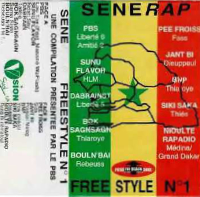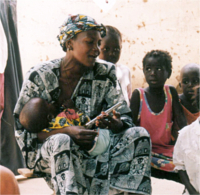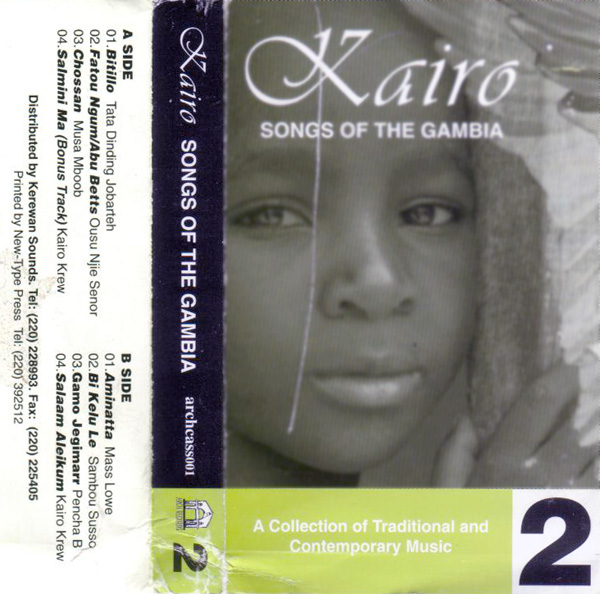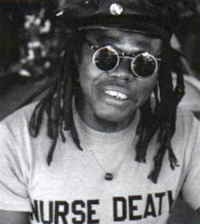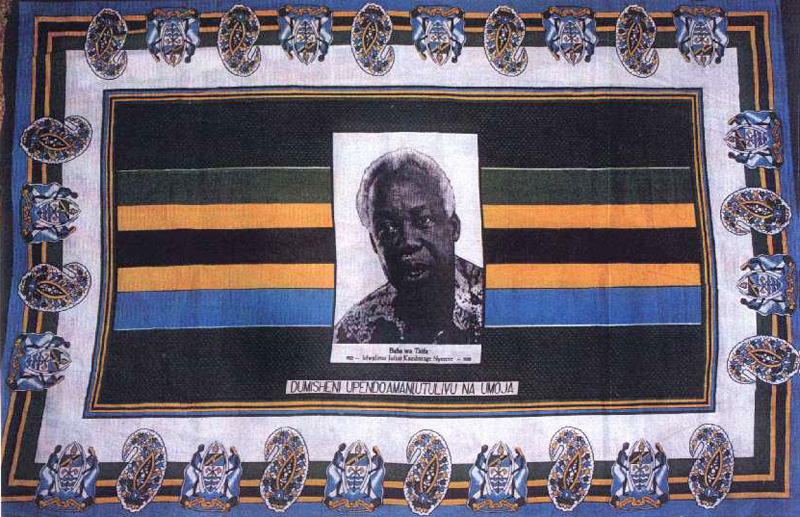(This article was originally published in 2005.)
This ethnographical work examines the Yorùbá concept of “Àbíkú” (lit. born-to-die)1 by analysing their songs. The study begins with the analyses various “Àbíkú” names seen in their songs by looking at their interpretations from sociological perspective. It delves into classification of àbíkú among Yorùbá drawing line of demarcation from varying attributes given as their characteristics for categorization. The paper discusses the social context of àbíkú songs in the Yorùbá indigenous religious system. It proves that regardless of Western scientific medical justification that proves the non-existence of àbíkú, The Yorùbá still believe in its existence up to the moment. Though the context of àbíkú songs and rituals associated with it had given way to modernization and foreign religions. Still, the practices of domesticated religions-Islam and Christianity authenticate the Yorùbá belief in àbíkú syndrome. This work concludes with the examination of some àbíkú songs by categorizing them into Propitiatory, Incantatory, Satirical and Praise.
Continue reading “Àbíkú Songs in Yorùbá Land”
